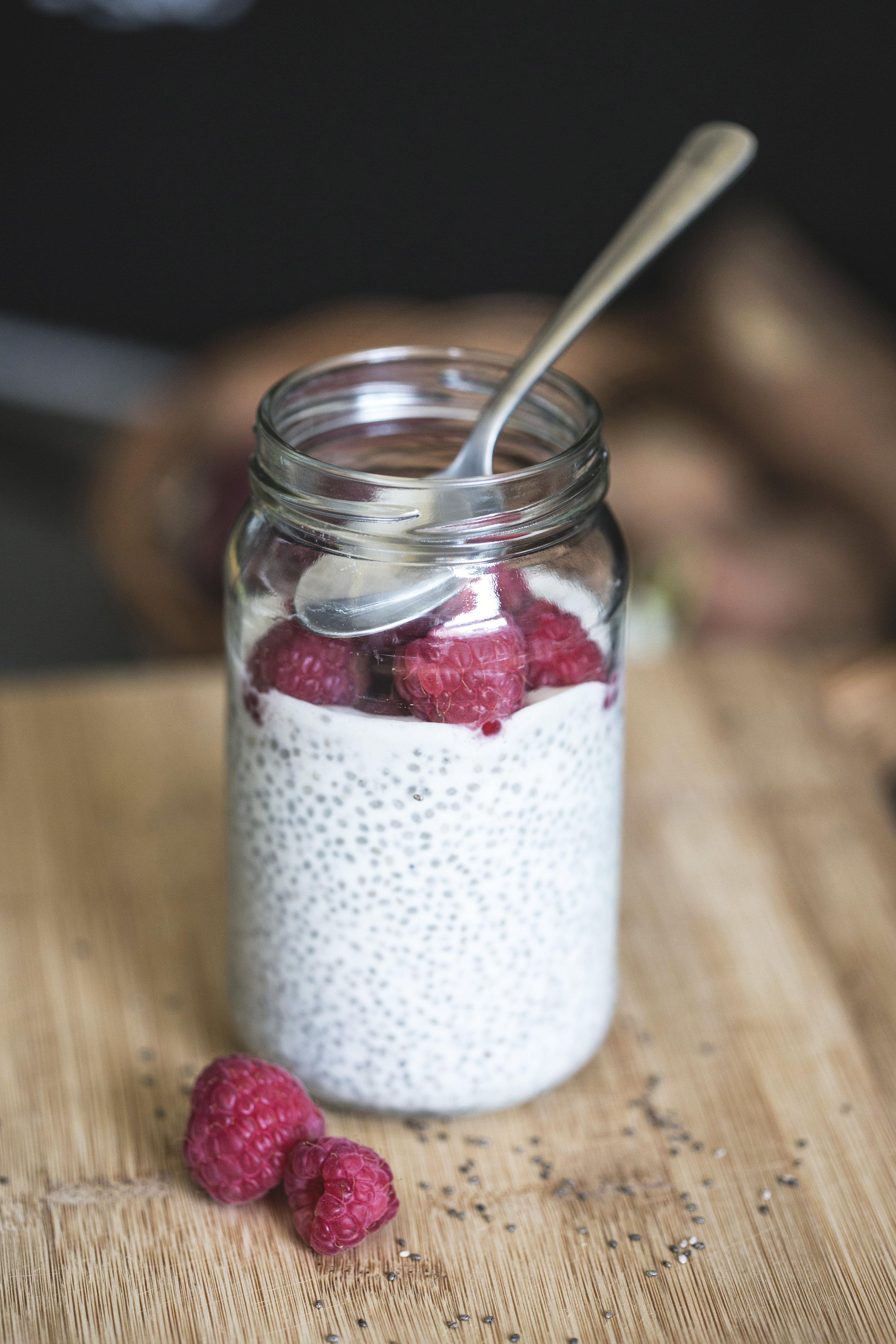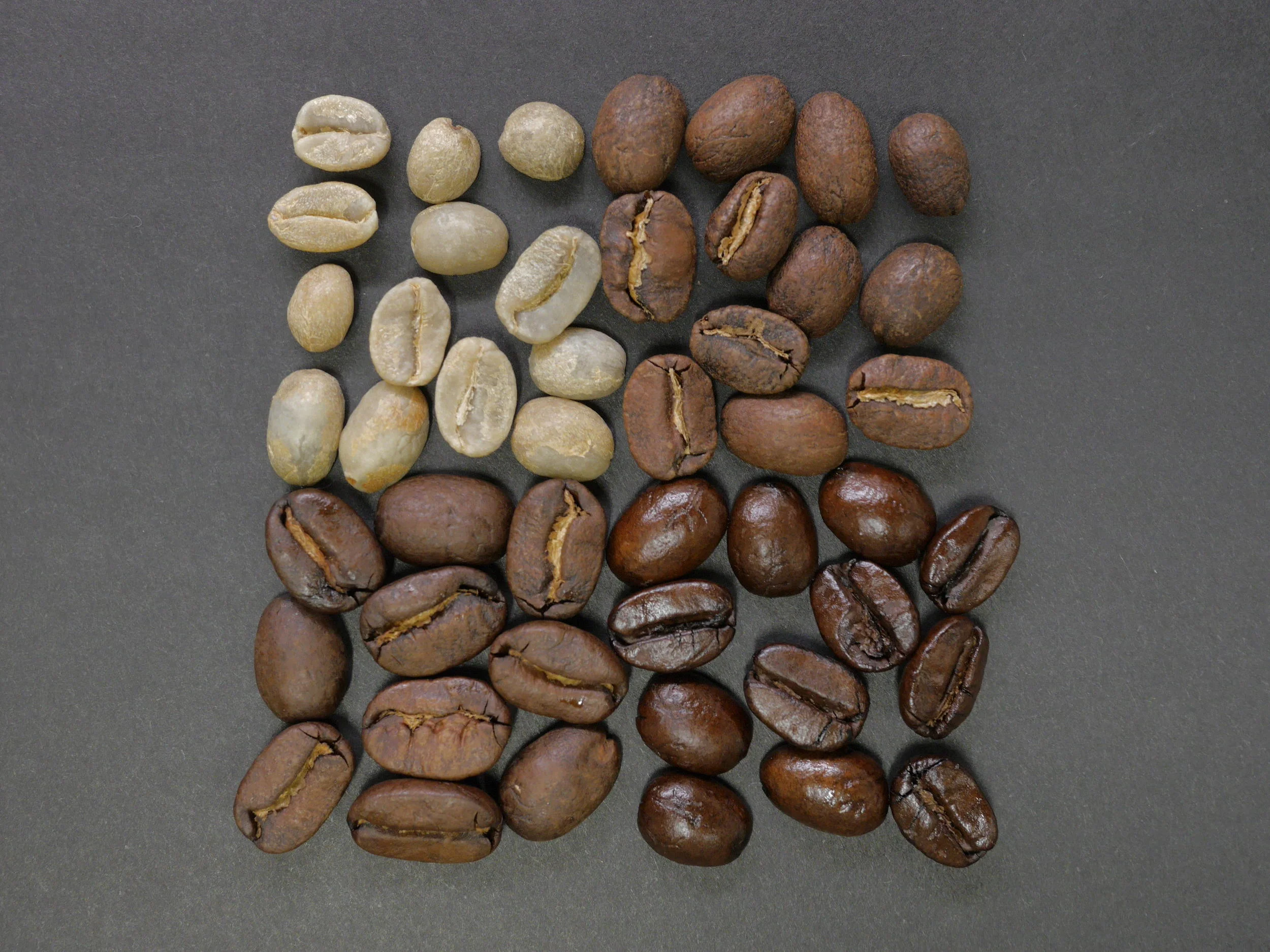True Or False: I have to eliminate dairy for weight loss
Written by Kelli Baker | Reviewed by Jennifer Calo MS, RDN, CDN, CDE, CLT
The idea that you need to eliminate dairy for weight loss is false. This statement has been emphasized recently in the media due to the popularity of certain diets like Paleo and “Whole 30” who claim that dairy is inflammatory, disrupts hormone balance and slows metabolism. These unsubstantiated claims often scare people away from a great source of nutrition that may be just fine for them to consume. In the past, the dairy industry touted that consumption of milk could actually promote weight loss. It is no wonder people are confused by all the mixed messages surrounding dairy intake! As usual, the truth lies somewhere in the middle. Dairy is not a miracle food that allows the weight to just shed off nor is it the enemy for weight loss. The truth is that unless you are lactose intolerant or have a dairy allergy or sensitivity there is no reason why it can’t be part of your daily balanced diet.
There are many benefits to dairy that you could be missing by eliminating it from your diet entirely. To start, dairy is a great source of protein, vitamins and minerals. For example, one cup of skim milk contains 8g of protein, 299mg calcium and only 83 calories while a 6g container of cottage cheese provides 20g of protein, 154mg of calcium and 146 calories. Similarly a 6oz container of plain nonfat greek yogurt has 18g of protein, 201mg calcium and 100 calories per serving. The combination of protein and carbohydrate in milk makes it an excellent post workout recovery meal. Additionally, dairy products like yogurt and kefir provide the body with necessary probiotics helping to stimulate healthy digestive function.
Of course we want to watch out for added sugars and saturated fat when choosing dairy products. When consuming dairy, be wary of yogurts that have added sugar. It is best to get plain yogurt and add your own fruits, nuts and/or granola for flavor. Also, be aware of the fat content of the dairy you are choosing and the portion sizes. It is okay to consume some cheese that contains a higher fat content such as 1%, 2% or full fat, but just be sure to limit the portion size to about 1 ounce daily, to keep calories in check. Additionally, it will be important to balance out the amount of saturated fat throughout your day. For example, if you choose to consume whole milk in your morning coffee and cereal or some cheese in your midday sandwich, you might choose a leaner cut of meat for lunch and dinner like chicken breast or turkey. The key is to create balance through moderation and choose the lower fat options as much as possible.
If weight loss is your goal, remember that dairy can be an important nutritional component providing an excellent source of protein, vitamins, minerals and probiotics. Unless you are having difficulty digesting dairy or have an allergy towards it, there is no reason to be afraid that it will hinder your weight loss efforts!





















